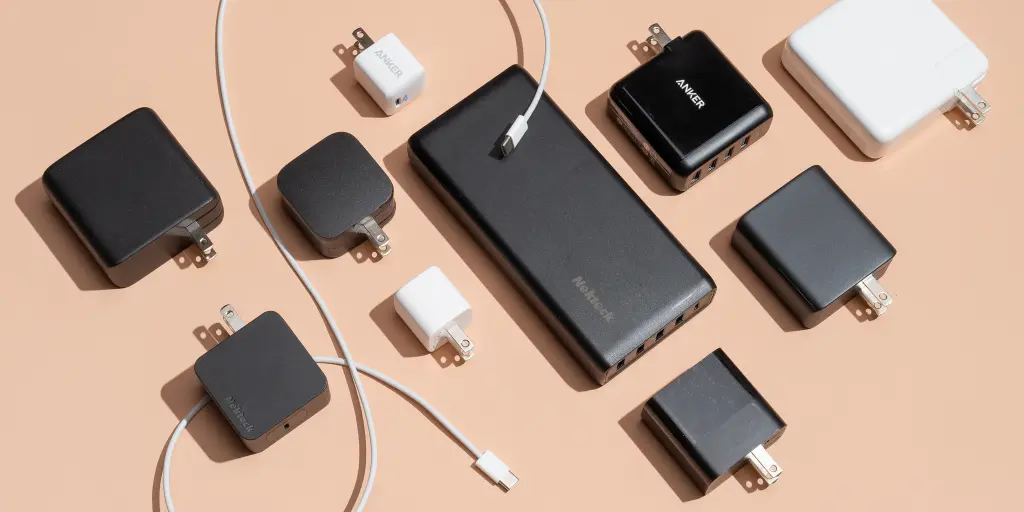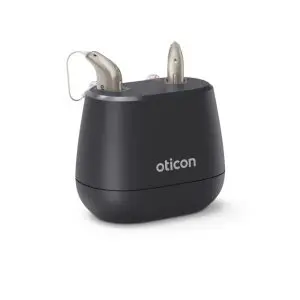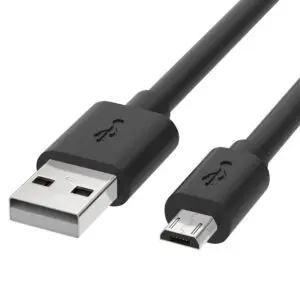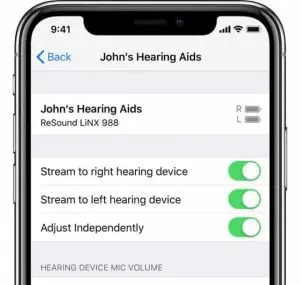When I recently purchased my new phone, I was surprised to find that it didn’t come with a wall charger. The person at the phone store advised me to buy a specific wall charger with a particular wattage, cautioning that using the wrong charger might harm my phone’s battery over time.
Now for a long time I held this to be true. But recently, someone had the same question about a certain hearing aid accessory as the battery was no longer lasting very long on this particular accessory. This led me into a deep dive on this topic…
Understanding the nuances of power supply, involving voltage, watts, and amps, can indeed be a complex undertaking. But it is important to have a baseline understanding for choosing the right wall charger for your device. The fundamental equation, where voltage = watts * amps, can be quite bewildering. However, let me share with you the three essential things I’ve learned when it comes to selecting the right wall charger for your devices.
1. Prioritize Quality Over Price
When choosing a wall charger, it’s vital to opt for quality over affordability. Steer clear of those ultra-cheap chargers from gas stations or online marketplaces like Amazon that cost less than a cup of coffee. Invest an additional $10 to $20 to procure a charger from a reputable tech company. You don’t necessarily have to go for the proprietary Apple charger for your iPhone, but spending a bit more on a high-quality charger is a wise decision.
At Hears to U, Hearing & Hearables, we stock wall adapters tailored to the hearing aid accessories we offer. If you need a spare wall charger, we’re here to assist you in finding the right one!
2. Watts May Not Be the Culprit
Contrary to what I was told by my helper at the phone store, the wattage of a wall charger is unlikely to cause lasting damage to your device’s internal rechargeable battery. When discussing the measurements involved in understanding charging, it’s amps that play a more crucial role. Most devices have specific amp requirements for effective charging.
Amps directly influence the speed at which a device charges. The higher the amperage, the faster the device charges, up to a point that aligns with the device’s capabilities. Nowadays, most rechargeable devices require a minimum of 2.1 amps for efficient charging.
For instance, if your wall charger provides only 1 amp of output, it won’t suffice to charge your device effectively, resulting in slow charging or even no charging at all. If you persist in using a lower-amperage charger than specified, it may potentially harm the rechargeable battery over time.
On the other hand, using a charger with a higher current output than the device’s maximum supported amperage is generally, as the device will only draw as much current as it can handle.
3. Voltage: The Key Player
The most critical factor to remember when choosing a wall charger is voltage. The voltage supplied by the charger must align with the device’s voltage requirements. Using a charger with higher voltage than what the device specifies can lead to overcharging and internal battery degradation. It may result in overheating, damage to internal components, and in extreme cases, even fire or explosion. Although most modern electronic devices incorporate voltage regulation circuitry to protect against minor voltage fluctuations, surpassing their specified input voltage remains risky.
Most hearing aid chargers and accessories call for 5V output chargers, a common standard in many wall chargers. Nevertheless, be cautious as some chargers, like those for laptops and certain newer iPhones, use higher voltage levels.
In conclusion, it’s better to be safe than sorry when choosing the right wall charger to ensure your devices endure for an extended period. Don’t merely plug any USB cable into your phone’s wall charger and assume everything will be fine. While it might charge your device, it could be causing irreversible damage. Choose wisely, and your devices will thank you with longer-lasting performance.
Sources/Read More:
https://www.wired.com/2013/12/charging-devices-faq/
https://www.greenbatteries.com/battery-myths-vs-battery-facts-1/#Quick







